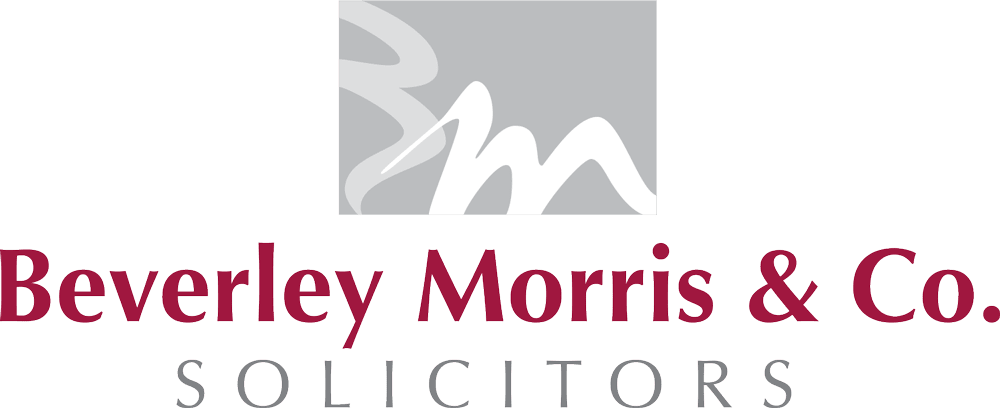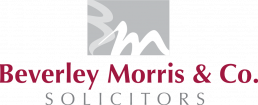Buying or Selling a Business
We have experience in buying and selling a range of businesses including those run by individual sole traders and limited companies. When buying a business it is important to obtain as much information as possible before committing to the purchase. A sale or purchase of a business can be structured as an “asset” sale / purchase or a “share” sale / purchase.
- Buying or Selling a Commercial Property
- Commercial Leases
- Commercial Property Development
- Commercial Property Licences
- Planning Law
- Planning Objections and Appeals
- Option Agreements
- Financing, Refinancing and Mortgages
- Buying or Selling a Business
- Asset Sales and Purchases
- Auction Sales and Purchases
- Share Sales and Purchases
- Litigation & Dispute Resolution
Quite often when taking on a commercial lease, the tenant will purchase some or all of the assets of the business that is carried on at the property. You may also wish to refer to our ‘Commercial Leases‘ webpage for further information about your commercial lease.
How may we help you?
If you buy the assets of a business, you are simply taking on the assets of the business which might include, for instance, the buildings owned by the business, the stock and the “goodwill” of the business (see below). If a business is not incorporated (for instance, it is a sole trader or a partnership) an asset sale or purchase is the only option.
If the business is incorporated, then the sale or purchase may be structured as a share sale / purchase where the buyer buys the shares in the company. In these circumstances, the buyer effectively takes on the business with everything that comes with it such as outstanding liabilities to creditors.
If the business is incorporated, then it can be structured as an asset sale or a share sale (see above). There are advantages to selling by way of assets as it is usually quicker and less complicated. With a share sale, the liabilities of the business are transferred to the buyer with the business and so you in effect have a “clean break” from the business.
Sellers
As a seller, there may be tax advantages for structuring the sale in a certain way and you will need to discuss this with your tax adviser.
Buyers
For a buyer, it is to an extent possible to choose which assets you wish to purchase. For instance, you might decide you wish to purchase the name and the goodwill of the business but not the stock. If you take on the shares of a company, you take on all the company’s liabilities and this might not be an attractive structure to you if there are substantial sums owed to creditors, for instance. In any event, the structure of the purchase is likely to be dictated in the main by the seller.
Each transaction will differ but broadly it will fall into the following steps:
Preliminary Agreements
There might be some preliminary agreements between the buyer and the seller at the outset such as a confidentiality agreement so that any information discussed is kept confidential. It might be that a ‘Heads of Terms’ document which sets out the terms of the sale (but which is not legally binding) is negotiated.
Due Diligence Enquiries
The buyer’s solicitor will raise enquiries regarding information about the business including information regarding its accounts, tax paid by the business and its employees.
Business Purchase Agreement and Associated Documents
Usually the buyer’s solicitor will prepare this and the seller’s solicitor will review it and suggest changes. For example, the buyer’s solicitors will usually always seek to include “warranties” on the part of the seller. These are statements of fact made by the seller about the business and which will often include warranties in relation to the business’ tax affairs which will likely need to be reviewed by the seller’s tax adviser.
If a warranty is found to be untrue at a later date, the buyer might have a claim against the seller so the seller is likely to seek to limit any warranties it gives.
Completion
This involves all the completion documentation such as the board minutes regarding the approval of the sale, letters of resignation for directors and Companies House documentation for the appointment of new directors (for a share sale / purchase). It will usually also involve a completion meeting.
The cost will depend upon your specific requirements, the services needed and the complexity of the transaction. However, we aim to be transparent with our fees throughout the process. When we provide an estimate of costs for you, we try to provide as much information as possible so that you have a clear understanding of the total cost of the transaction from the start.
For a free and bespoke Commercial Property estimate, please contact us:
+44 (0)20 8852 4433
enquiries@beverleymorris.co.uk
If calling or emailing, please provide us with the following information:
- Name of business and/or the company
- Sale / purchase price
- Details of any property being transferred
- Details of any employees being transferred
This is an intangible asset of a business (that is, it does not have a physical presence). It can include, for instance, the value of the company’s brand name, customer base and customer relations.
You will need to provide information about the business such as accounts and tax information, information about properties owned in respect of the business and information about your employees.
Once we receive the due diligence enquiries we will be able to advise you on the exact information required. We will also need to liaise with your accounting and tax advisers in respect of the sale.
It is important to note that the employees of a business are protected by certain regulations when the business is sold. There are various obligations under the regulations on the part of both the seller and the buyer. These include consulting with and informing the employees and there are various time limits for doing so. A buyer cannot make an employee redundant just because he or she has been transferred from another employer.
This is an important area that should not be overlooked. It might be that you will need specialist employment advice from our Employment team but we can discuss this further with you.



